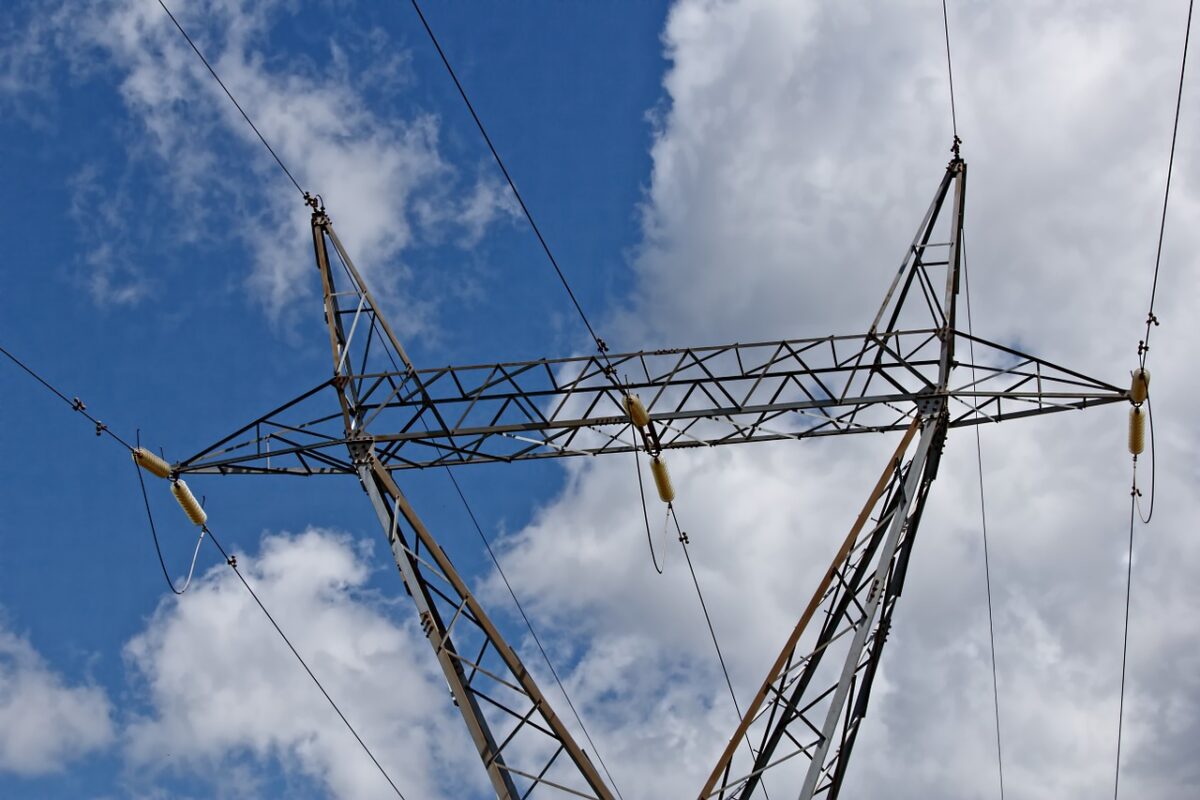A snapshot of the DA’s Energy Response Plan Implementation Tracker can be found here.
By Kevin Mileham MP and Ghaleb Cachalia MP
Data from the DA’s Energy Response Plan Implementation Tracker, which was launched today, has revealed that measures announced by President Cyril Ramaphosa to address the electricity crisis and end load shedding have stalled. Not only is the plan lacking it terms of urgency, it now faces the real risk of permeant derailment due to an ineffective National Energy Crisis Committee.
Using the Energy Response Plan Implementation Tracker’s (ERPIT) methodology, the DA’s initial assessment shows that out of the 29 energy plan project goals being tracked, 20 of these (or 70%) are still yet to move beyond the rhetoric or conceptualisation stage. This lethargic progress is a consequence of an ineffective National Energy Crisis Committee and an energy plan that lacks a time-sensitive plan of action.
The ERPIT is a real time policy monitoring tool that the DA has developed to track progress and measure project deliverables in the implementation of Ramaphosa’s energy plan.
Through the use of a 3 key weighting system to score progress in the implementation of the 29 project goals listed in the energy plan, Key 1 represents the lowest score where no progress has been made towards implementation while Key 3 represents a project goal whose outcomes have been achieved.
The ERPIT is tracking the energy plan’s 29 project goals through two timescales, namely:
- Short Term Priorities – Improving Eskom’s operational performance
- Medium to Long Term Priorities – Procuring additional generation capacity
Accountability deficit in the energy response plan
The ERPIT assessment has exposed the severe lack of measurable targets and delivery milestones in Ramaphosa’s energy plan. Whether this was deliberate or not, South Africans are still in the dark on when, for example, Eskom’s installed generation fleet will be fixed to bring additional power to the grid and ease loadshedding.
Without specific time frames on project deliverables, Ramaphosa’s energy plan may well turn out to be another damp squib in the ongoing saga of failed plans by the ANC government to decisively deal with the energy crisis.
This lack of accountability is precisely why the DA has repeatedly called on the Speaker, Nosiviwe Mapisa Nqakula, to establish an Ad-hoc Committee to exercise oversight on the National Energy Crisis Committee. Two weeks since we submitted that request, the Speaker has done nothing. By so doing, she has reduced Parliament to a spectator on the electricity crisis and undermined Parliament’s constitutional function to hold the executive to account.
Save for a single photo-op media opportunity that they held soon after Ramaphosa released his energy response plan, Ministers who serve in the National Energy Crisis Committee have failed to provide regular updates on the progress being made on project implementation. Instead, some of them, like Ebrahim Patel, are still refusing to remove onerous red tape that is standing in the way of increased investment in the electricity sector. His insistence on retaining the 35% local content requirement, instead of removing it completely, is a case in point.
Energy response plan current progress status
According to the ERPIT, only 9 project goals out of 29 are currently in progress towards implementation. This is a clear indication that Ramaphosa’s government is not functioning in a crisis mode or with the urgency needed to address the electricity crisis. It vindicates the DA position in which we had called for a ring-fenced State of Disaster to be declared on the crisis.
As it stand, some of the critical short to medium term project goals that have stalled include:
- Recruitment or rehiring of experienced former Eskom staff (Engineers, Power station managers);
- Procurement of electricity from neighboring countries (just an admission that negotiations are ongoing);
- Amending contracts with existing IPPs to sell additional capacity;
- Bringing Kusile Unit 5 and 6 online as quickly as possible;
- Lack of a publicly available plan to Eliminate sabotage, theft and fraud at Eskom;
- National treasury plan to expand tax incentives for residential and commercial installations is still pending.
The DA’s Energy Response Plan Implementation Tracker, in addition to holding Ramaphosa and his National Energy Crisis Committee to account, will inform the DA’s programme of action in following up on project deliverables.

